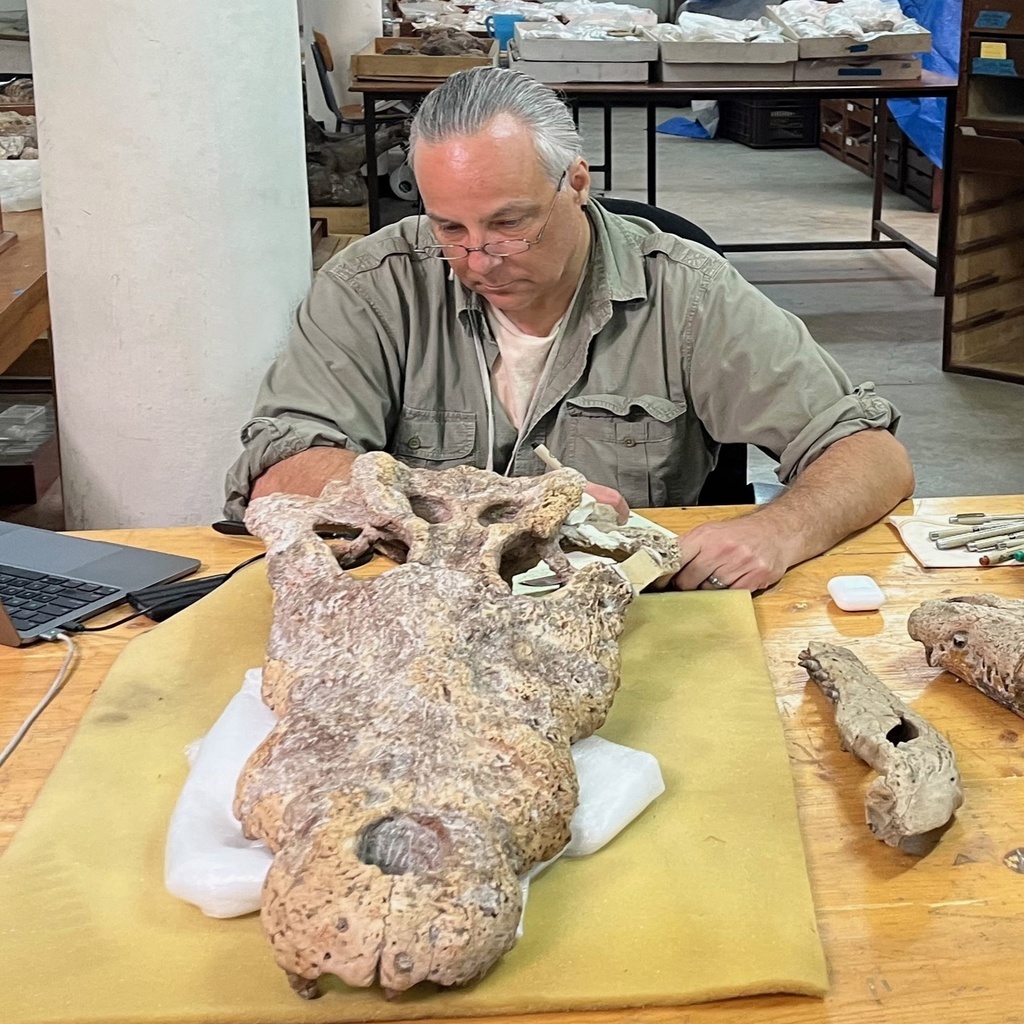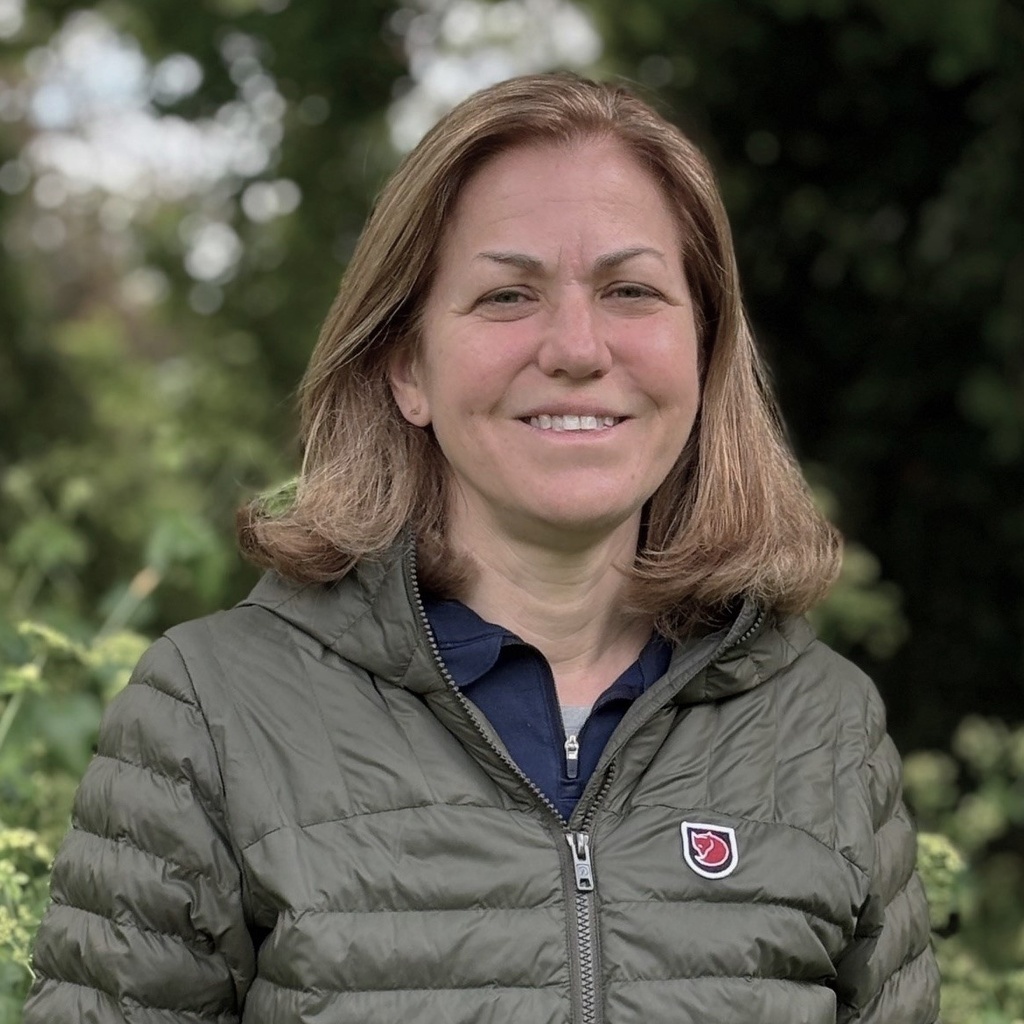Main navigation
Today’s ecosystems are experiencing change at an accelerated rate, rapidly altering their climate, hydrology, and ecosystem services. Faculty in SEES examine both present-day ecosystems and the evolutionary histories of living things to better capture the diversity, composition, and interactions in the face of tectonic and climatic change.
Our ecological focus spans from urban to sub-tropical to dryland environments and explores interactions at local scales to regional and global. We link in-situ measurements with technology (e.g., remote sensing, dendrometers, camera traps, etc.) to scale across spatial and temporal scales. The paleontology program applies quantitative specimen-based methods in its approach to understanding phylogeny, biogeography, biostratigraphy, and paleoecology.
Current SEES ecology and paleontology research has focused on the relationships, diversity, and spatiotemporal distributions of plants and organisms at a wide range of time scales, from the present day to the geological past. Documentation of the earth-life interface, past and present, can help efforts to conserve biodiversity and the human societies living alongside it.
Ecology and paleontology faculty

Jonathan Adrain

Christopher Brochu

Shamar Chin

Bradley Cramer

Matt Dannenberg

Susan Meerdink
